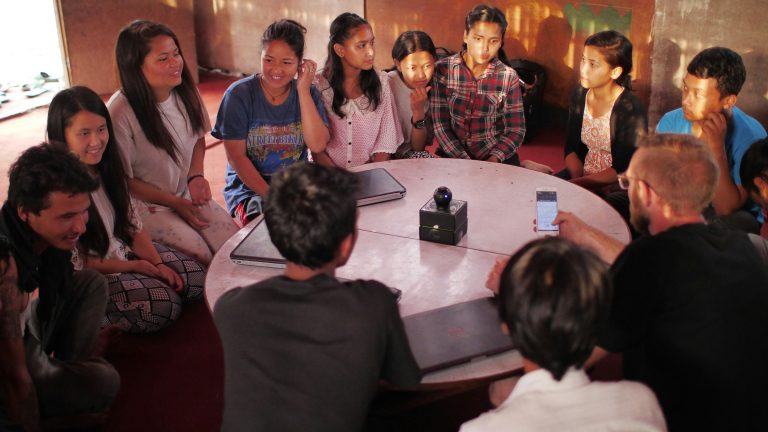When it comes to mental health recovery, isolation can be one of the biggest obstacles. We all need someone to lean on, whether that’s friends, family, or a larger community. But what does “community” mean in this context, and why does it matter so much?
Community is more than just being around people. It’s about belonging, feeling understood, and having a network that supports you. For someone dealing with mental health issues, community is a lifeline—it provides strength, encouragement, and validation during times of struggle.
Research consistently shows that social support is critical for mental health recovery. Whether it’s connecting with others who share similar experiences, seeking guidance from a mentor, or simply having a group of people who check in on you, the impact is undeniable.
Here’s how to leverage community for mental health recovery:
- Join Support Groups: Sometimes, the best way to heal is by talking to others who are going through similar challenges. Support groups, both in-person and online, offer safe spaces to share, listen, and grow together.
- Engage in Social Activities: Whether it’s a hobby group, volunteering, or community events, engaging with others can help counter feelings of isolation and provide a sense of purpose.
- Create a Supportive Environment: Encourage a culture of mental health awareness and support. This could mean having regular check-ins with friends or creating an open dialogue about mental health in your community.
Remember, recovery is rarely a solo journey. The connections we build with others can provide the fuel to keep going, even when things seem tough.


